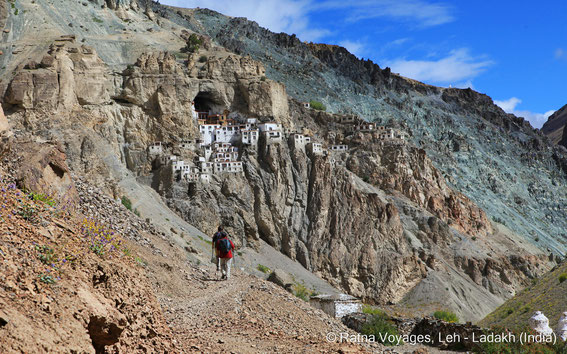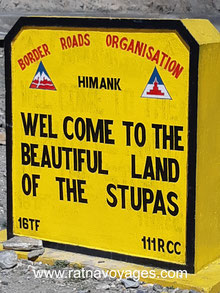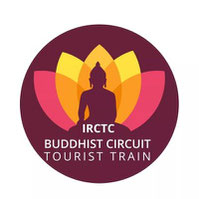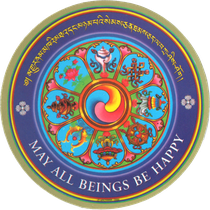PHUKTAL MONASTERY, ZANGSKAR, LADAKH
|
NAME/NOM/ NAME/NOME |
PHUKTAL | |
|
LOCATION/LIEU/ ORT/LUOGO |
South of Padum | |
|
LINEAGE/TRADITION/ SCHULE/ORDINE |
Gelug | |
|
FOUNDED/FONDÉ/ GEGRÜNDET/FONDATO |
Early 12th Century | |
|
FOUNDER/FONDATEUR/ GRÜNDER/FONDATORE |
Gangsem Sherap Sampo | |
|
PROTECTOR/PROTECTEUR/ SCHIRMHERR/PROTETTORE |
Palden Lhamo | |
|
SPIRITUAL HEAD/ MAÎTRE SPIRITUEL/ GEISTIGES OBERHAUPT/ CAPO SPIRITUALE |
Thiksay Rinpoche | |
|
BRANCH/AFFILIÉ/ ZWEIG/AFFILIATO |
Karsha | |
| FESTIVAL | NA | |
| FESTIVAL 2024 | NA |
Phuktal Monastery: A Sanctuary of Spiritual Splendor in Zanskar Ladakh
Phuktal Monastery, a remarkable spiritual abode nestled in the rugged terrains of Zanskar in Ladakh, has a storied history dating back over 2,500 years. Founded by great scholars and saints, it is believed to have been established during the early centuries of Buddhism's spread in the region
Phuktal Monastery, Zanskar Ladakh - Spiritual Lineage - Gelugpa Tradition
Phuktal Monastery is affiliated with the Gelugpa tradition, one of the four major schools of Tibetan Buddhism. This tradition was propagated by Lama Tsongkhapa in the 14th century and emphasizes the teachings of the Buddha with a strong focus on monastic discipline and rigorous scholarship.
Phuktal Monastery, Zanskar Ladakh - Architectural Marvel
Perched dramatically on the cliffs of a gorge, Phuktal Monastery is a stunning example of traditional Tibetan Buddhist architecture. The complex includes prayer halls, living quarters for monks, meditation chambers, and a library, all interconnected through a network of caves and passages. The natural caves, integrated into the monastery, add to its unique charm.
Phuktal Monastery, Zanskar Ladakh - Religious Significance
Phuktal Monastery serves as a center for Buddhist scholarship and spiritual practice. It houses a valuable collection of scriptures, thangkas, and artifacts. Monks residing in the monastery dedicate themselves to a life of prayer, meditation, and study, adhering to the principles of the Gelugpa tradition.
Phuktal Monastery, Zanskar Ladakh - Remote Location and Accessibility
One of the distinctive features of Phuktal Monastery is its remote location. Situated amid the rugged mountains of Zanskar, reaching the monastery involves trekking through scenic landscapes, crossing bridges, and navigating the Zanskar River. The journey itself is an integral part of the pilgrimage, reflecting the spiritual commitment required to access this sacred site.
Phuktal Monastery, Zanskar Ladakh - Annual Festivals
Phuktal Monastery comes alive during its annual festivals, marked by vibrant celebrations that include masked dances, religious ceremonies, and the gathering of monks and devotees. These festivals contribute to the rich cultural heritage of Zanskar.
Phuktal Monastery, Zanskar Ladakh - Tourist Attraction and Preservation
Phuktal Monastery, with its unique architecture and spiritual significance, attracts both pilgrims and tourists. Efforts are undertaken to preserve the monastery's ancient structures, murals, and artifacts. Responsible tourism initiatives aim to balance visitation with the need to protect the fragile environment and cultural heritage.
Phuktal Monastery, Zanskar Ladakh - Spiritual Retreat
The serene surroundings and the sense of isolation make Phuktal Monastery an ideal place for spiritual retreats. Visitors often seek the tranquility of this sacred space to engage in meditation and reflection.
For a more in-depth understanding of Phuktal Monastery's history, consulting local monastic records, historical texts, and engaging with the monks can provide additional insights.






























